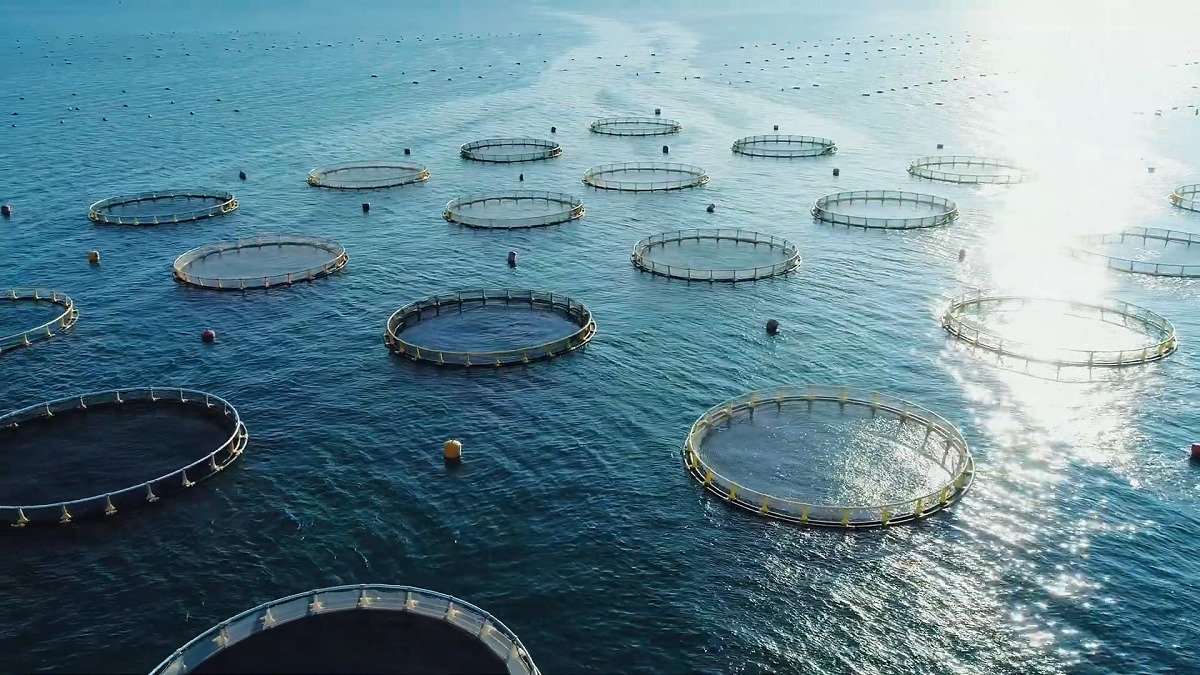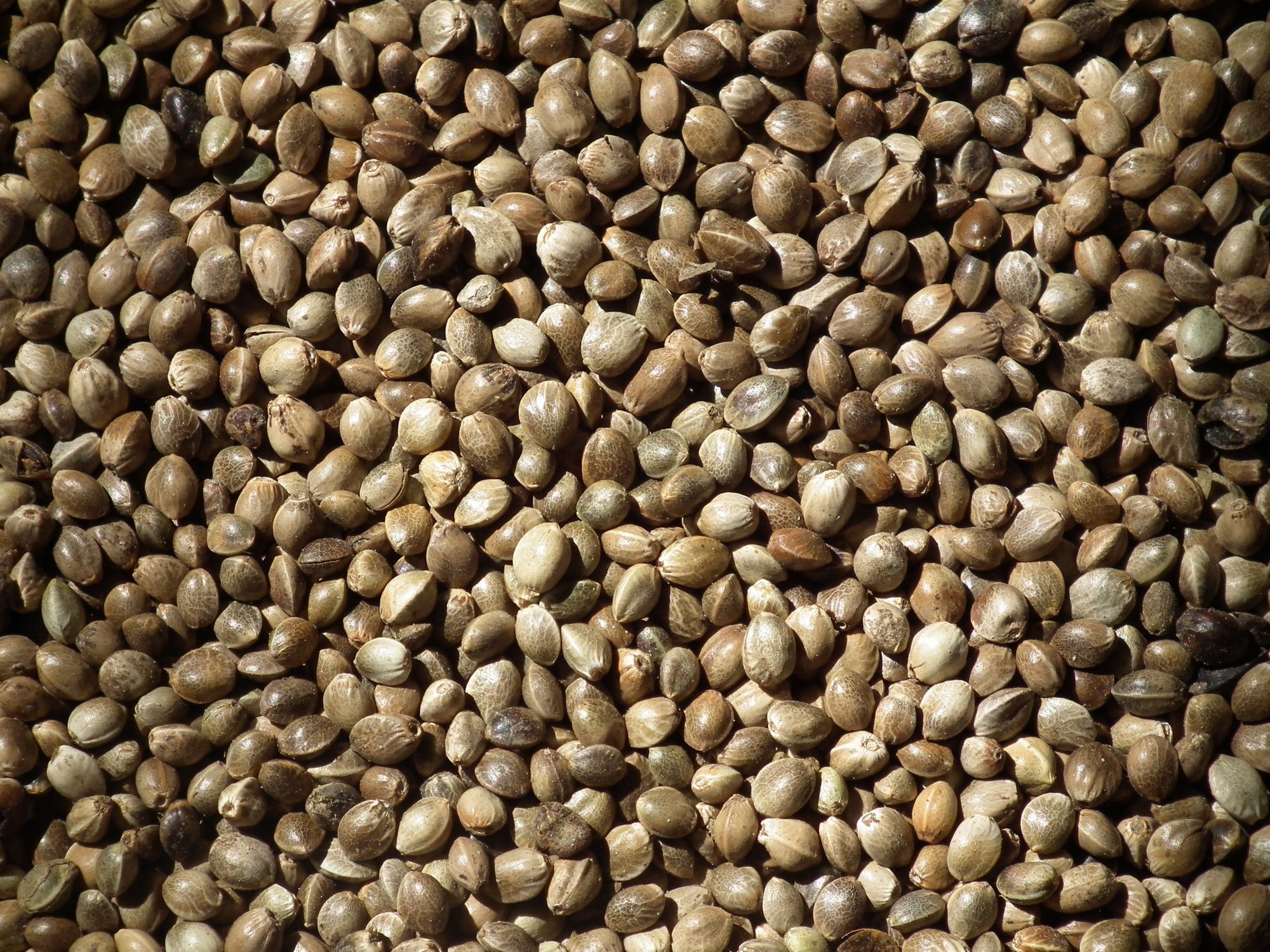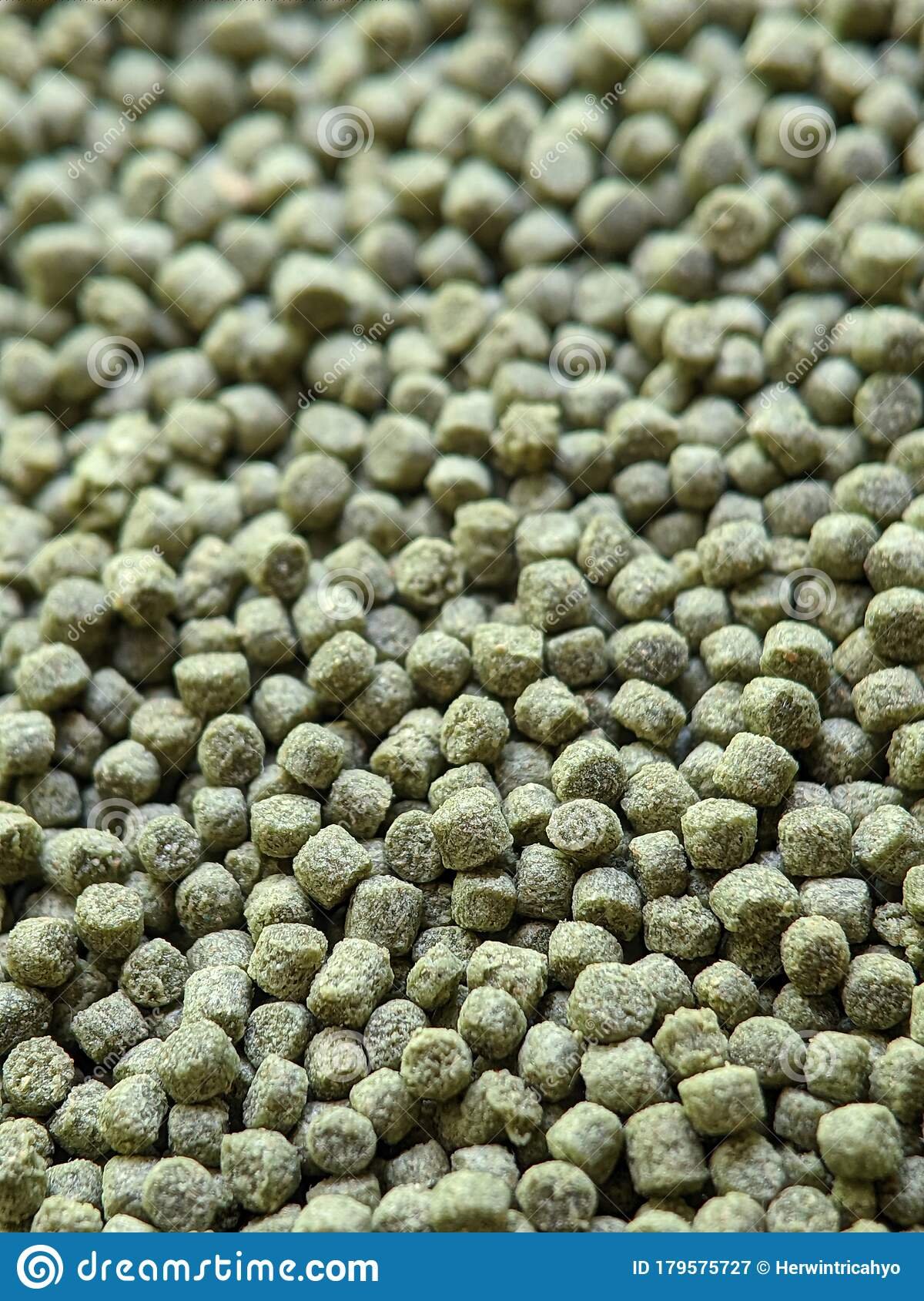
Hemp Feed
The Local Alternative to Soy
Today, estimated world compound feed production is one billion tonnes annually with demand due to double by 2050. This demand cannot be fulfilled by soy protein alone, the most used protein source in feeds worldwide which in turn is leading to deforestation and carries a high CO2 footprint both from farming and international shipping.

One study found that deforestation related to soy production in Brazil is responsible for 29% of the country's greenhouse gas emissions.
About Hemp Feed
Hemp is one of very few plant sources to contain all the amino acids, making it an excellent source of 'complete' protein. Hemp is also an excellent source of soluble fibre. This means that the fibre is easy to digest. The one consistency amongst the entirety of the animal feed industry is that, as a whole, it depends on finding and maintaining a cost-competitive nutritional profile for the animals to flourish. Given those factors, hemp has the potential to compete favourably with existing animal feeds.
Hemp feed, conversely to soy, contains very low levels of anti-nutritional factors such as phytic acid, condensed tannins, and trypsin inhibitors.
Hemp seed protein has been well known for its excellent digestibility in humans and animals. Its desirable essential amino acid composition and its fatty acid profile contain high levels of short-chain polyunsaturated fatty acids. All of these factors position hemp seed protein as a promising non-conventional raw material for the animal feed industry.
Rare Earth offers a range of animal nutrition for producers, feed retailers and feed manufacturers. Our ambition is to provide a reliable and sustainable food supply chain by producing plant protein from the seeds of our hemp crops.

Hemp Seed

Hemp Meal

Hemp Feed Pellets

Livestock Diet
FAQs
-
Traditional feed has numerous environmental and ecological problems that using hemp will address. Principally, this would focus around replacing soy as a major source of protein. Each year approximately 200 million tonnes of soy is used in fish feed alone. As a result, as soybean agriculture expands across Latin America and elsewhere, fragile ecosystems such as rainforests are threatened with destruction. In many locations, extensive areas of forest land, rainforests and national parks are destroyed to allow for increase in soy cultivation.
Soy production has contributed significantly in important biodiversity hotspots leading to the risk of extinction of numerous species, as well as the destructive nature that large scale deforestation has on global warming and our environment. Furthermore, agrochemicals and fertilizers are used extensively to manage soybean farms and these chemicals are a major source of nutrient pollution in rivers, lakes and estuaries.
-
We are currently undertaking research and development to test the digestibility and nutrient uptake of various formulations of hemp seed.
